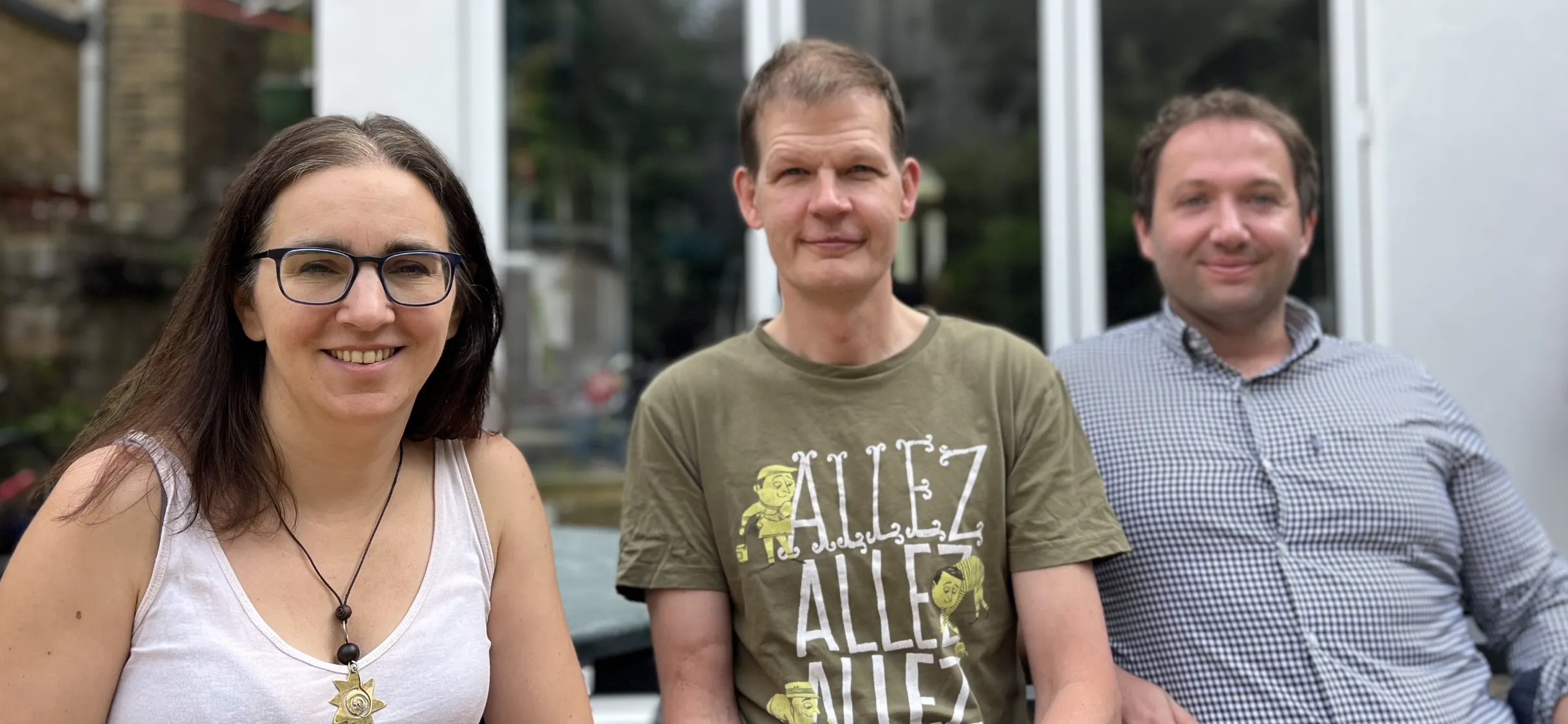World Economic Forum: 6 inspirational clean air stories from 2024

See full article here. Image: Unsplash/Stefan Stefancik
It can be hard to stay positive when you work on air pollution. The statistics always seem to get worse, studies seem to throw up new health impacts and the enormity of the problem can mean you don’t know where to start when taking action.
As the greatest environmental threat to child health and the second leading risk factor for death overall, according to the World Health Organization (WHO), urgent and radical action is needed.
Positive stories often help galvanize action, highlighting how change is possible.
WHO will host its second Global Conference on Air Pollution and Health on March 25th in Colombia. All those attending should work to ensure that international action meets the severity of the health crisis caused by air pollution. In its run-up, we highlight six areas of positive momentum and news from the past year.
1. City-based action
Fourteen global cities are now part of the Breathe Cities initiative, led by the Clean Air Fund, C40 Cities and Bloomberg Philanthropy.
Inspired by the work of Breathe London, these cities aim to cut their air pollution and climate emissions by 30% by 2030. An even wider group of cities – accounting for 22% of global gross domestic product – are taking action through the broader C40 Cities initiative.
Its 2024 progress report, C40 Cities highlights action taken on clean air zones, cycling infrastructure, expanding and electrifying public transport and promoting green homes and jobs. The radical action already taken has reduced nitrogen dioxide pollution by almost half in London over five years.
2. Health wins
While the global picture of air pollution’s health impact looks bleak, there are grounds for optimism. The World Heart Federation has estimated that improving air quality in Europe has led to 135,000 fewer deaths in 2019 compared to the start of the decade.
The European Union has now gone even further and agreed legislation that is expected to cut early deaths associated with air pollution by 55%. Another study from the Mercator Research Institute has demonstrated a 13% reduction in asthma in children born in urban low-emission zones.
Work has been done on the particular effects of these policies, including a reduction in new asthma cases and doctor and hospital admissions.
3. Innovating the future
The recent winners of the Clean Our Air category of the Earthshot Prize have collectively avoided over 90 kilograms of harmful nitrogen oxide gases and 3,600 kilograms of particulate matter, both of which create long-term health issues.
Further innovations have been made by researchers at Imperial College London, who developed a new AI tool to change how we model air pollution.
Given the increased focus on particulate matter from transport, start-ups such as Tyre Collective and GoRolloe are working on solutions to collect and contain it at source.
New products that make air pollution data meaningful for individuals, at a level of personalization expected for other health issues, have also been released. For instance, Air Aware Labs’ AirTrack product allows people to track and reduce their air pollution exposure at their exact locations.
4. Data is queen
Global movements are afoot to bring more open data to more communities, individuals and decision-makers. With OpenAQ highlighting that 36% of countries are not collecting air quality data, this has led to an international community campaign for signatories to fully open data policies.
Clean Air Fund has gathered five projects that improve data availability worldwide. In September last year, the Climate and Clean Air Coalition introduced the Air Quality Management Exchange Platform to help air quality managers.
And new visualizations through Air Quality Stripes help to show the impact of policies on pollution levels.
5. Asia: A continent of two halves
Unfortunately, severe pollution levels in South Asia, particularly through the Autumn months, have been making headlines.
Governments are taking action, including electrifying bus fleets and reducing traffic but the problem is significant.
Further to the East, Asian countries have been taking strides to improve their air.
Improvements in China have been documented over the past two decades. Now, Thailand has approved a new Clean Air Bill in January 2024 and South Korea, which reduced levels of pollution by upwards of 20% since 2005.
6. Money talks
Clean Air Fund has long highlighted low levels of international funding going to air quality programmes. Therefore, the $1 billion guarantee for air quality projects by the World Bank’s Multilateral Investment Guarantee Agency was a positive development.
The financial system and incentives behind the action of clean air were the subject of a ground-breaking report by ShareAction, leading to a statement by major UK investors on International Clean Air Day, aiming to bring more transparency to data on companies’ emissions.
Innovation, backed by data and supported by political and financial action, can ultimately lead to positive health outcomes.
As the world continues to battle the economic and health burden of unclean air, we seek to inspire change-makers to take urgent and radical action.


.svg)










.webp)
